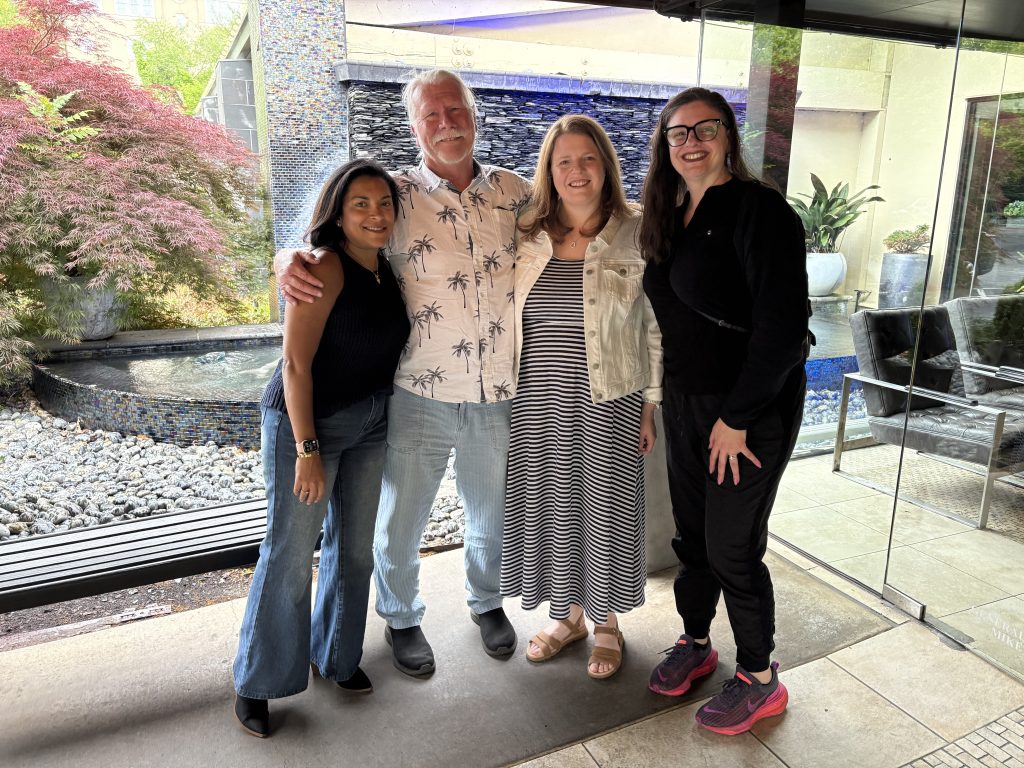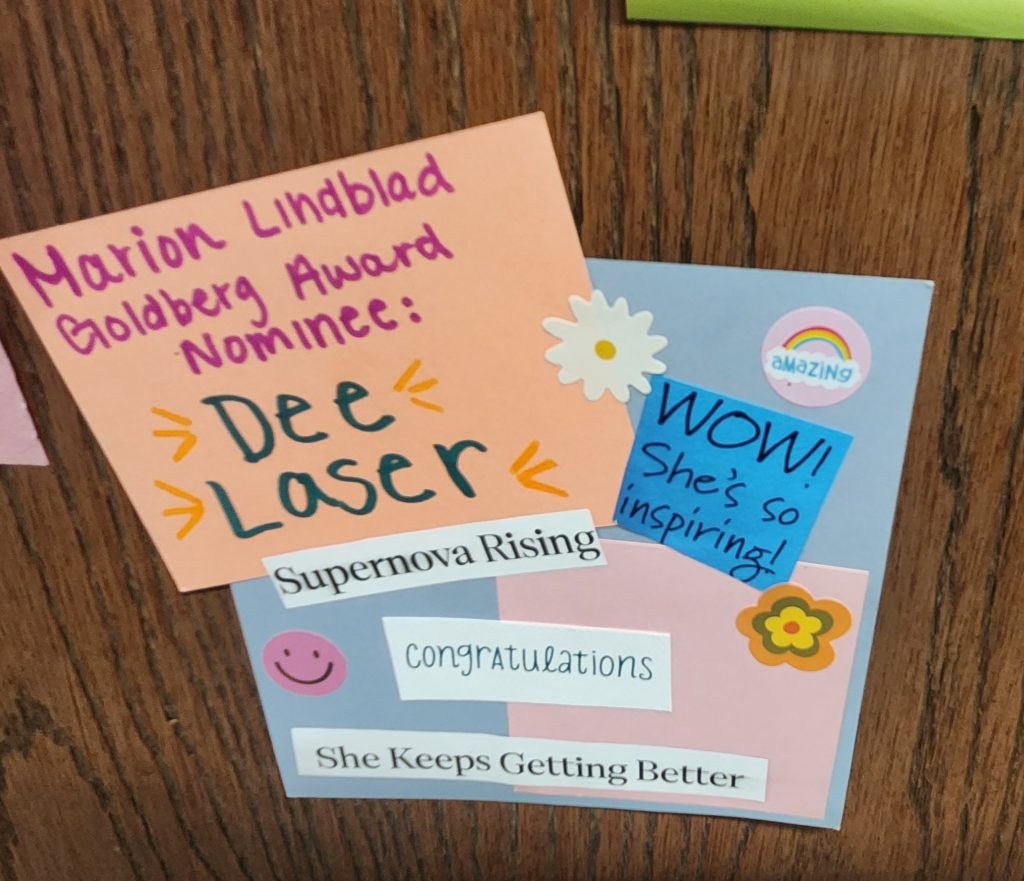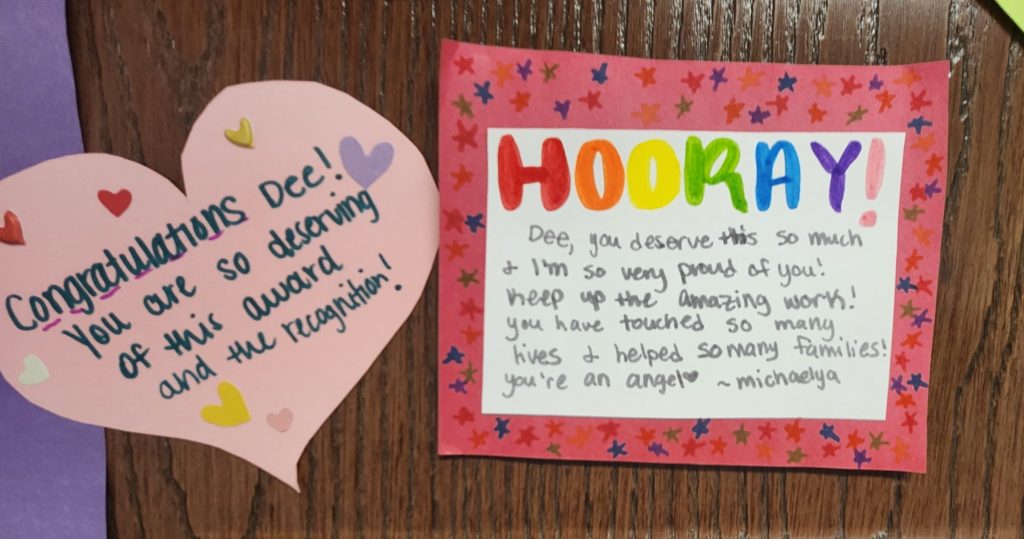
We are thrilled to announce that Kristie Hartzel has been nominated for the 2025 Marion Lindblad-Goldberg (MLG) Award in recognition of her exceptional leadership, dedication to systemic family therapy, and commitment to professional development.
Kristie brings a strong systemic perspective to her work, ensuring that every aspect of the program aligns with Ecosystemic Structural Family Therapy (ESFT). She utilizes parallel process to help her employees not only understand systemic principles but also apply them effectively in sessions. By guiding her team through the learning process, Kristi ensures that each clinician can integrate systemic strategies into their work with families.
One of Kristie’s greatest strengths is her ability to create a collaborative and supportive environment while maintaining professional boundaries. She fosters a space where employees feel comfortable expressing themselves while also holding them to high professional standards. Her transparency, clear expectations, and structured supervision allow her team to develop their skills with confidence and clarity.
Kristie is also known for her hands-on approach to learning, incorporating role-plays and real-life scenarios into supervision. By walking her team through crisis situations in a controlled and supportive setting, she ensures they are prepared for high-intensity calls and complex family dynamics. Her focus on social ecology and live experiences further strengthens her team’s ability to engage families in meaningful and effective ways.
A hallmark of Kristie’s leadership is her commitment to self-discovery and personal growth. She uses simple yet powerful questions to guide her employees toward insight and professional development without them even realizing how much they are learning in the moment. Each supervision session is an opportunity for growth, and those who work with Kristi leave feeling more confident, competent, and prepared to serve families.
For her unwavering dedication to training, her ability to inspire growth, and her leadership in systemic family therapy, we are honored to celebrate Kristie Hartzel as a nominee for the 2025 MLG Award. Her impact on the field is profound, and her work continues to shape the next generation of systemic family therapists.




